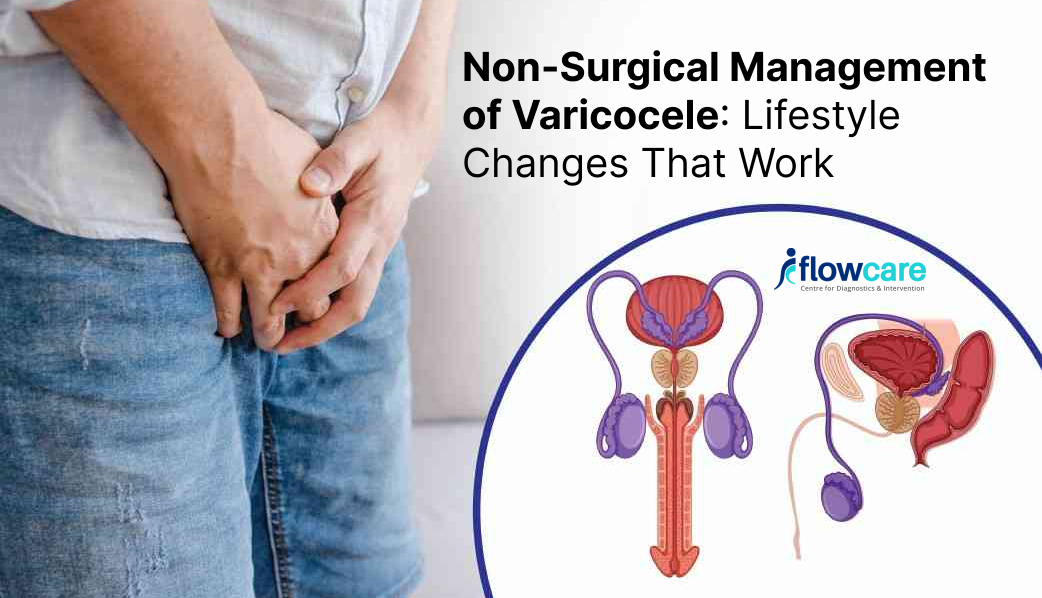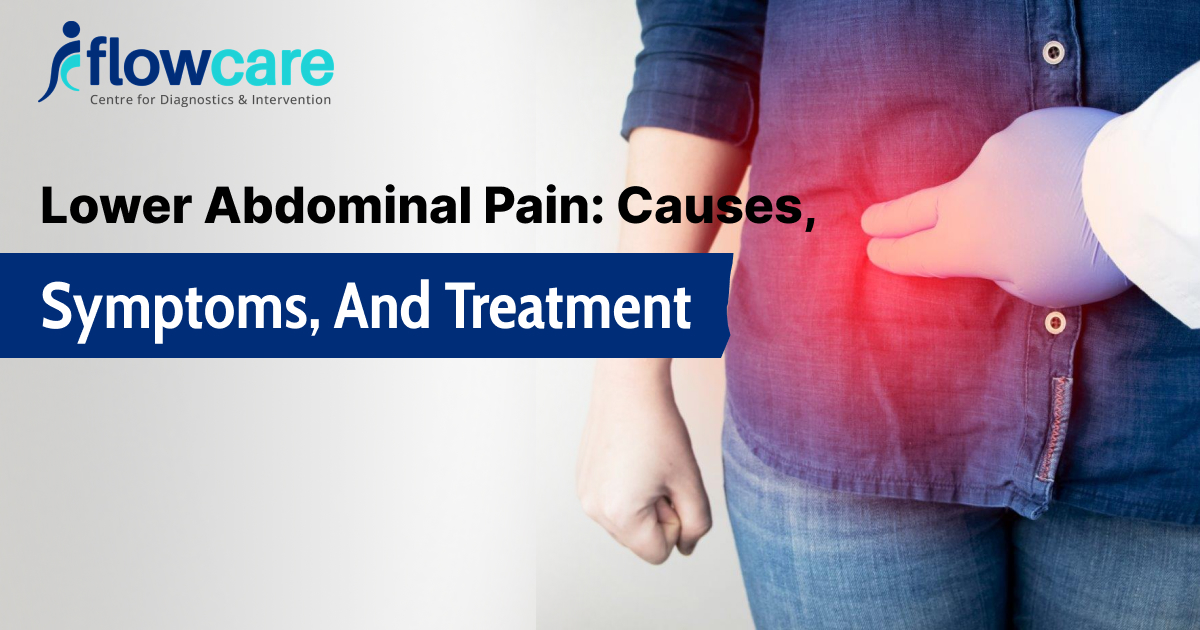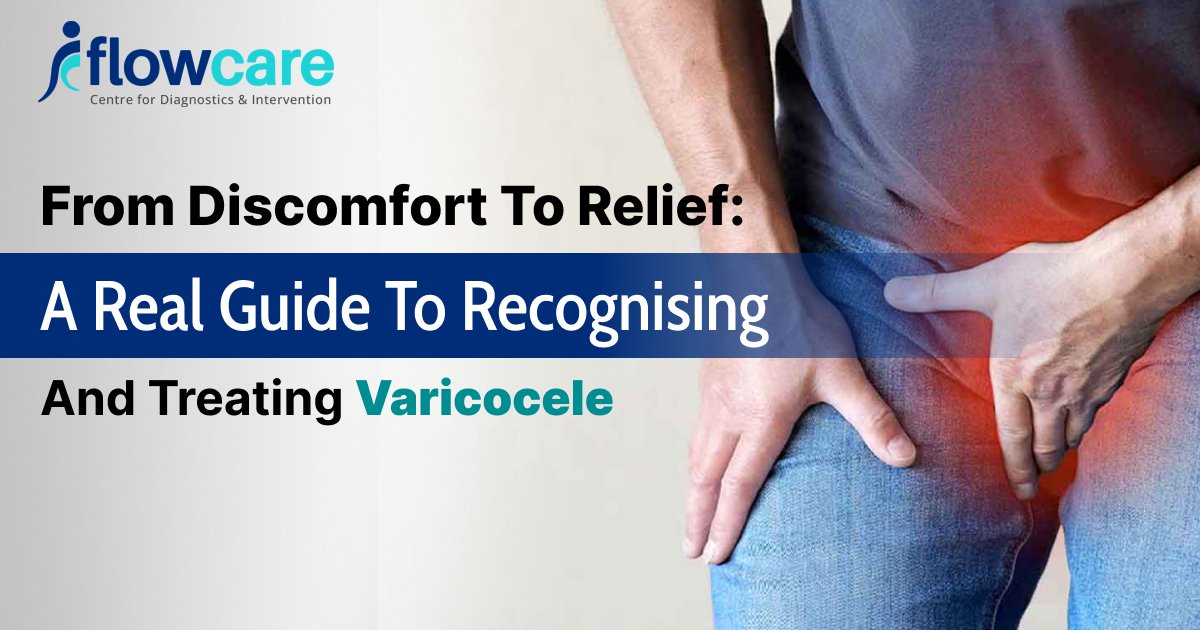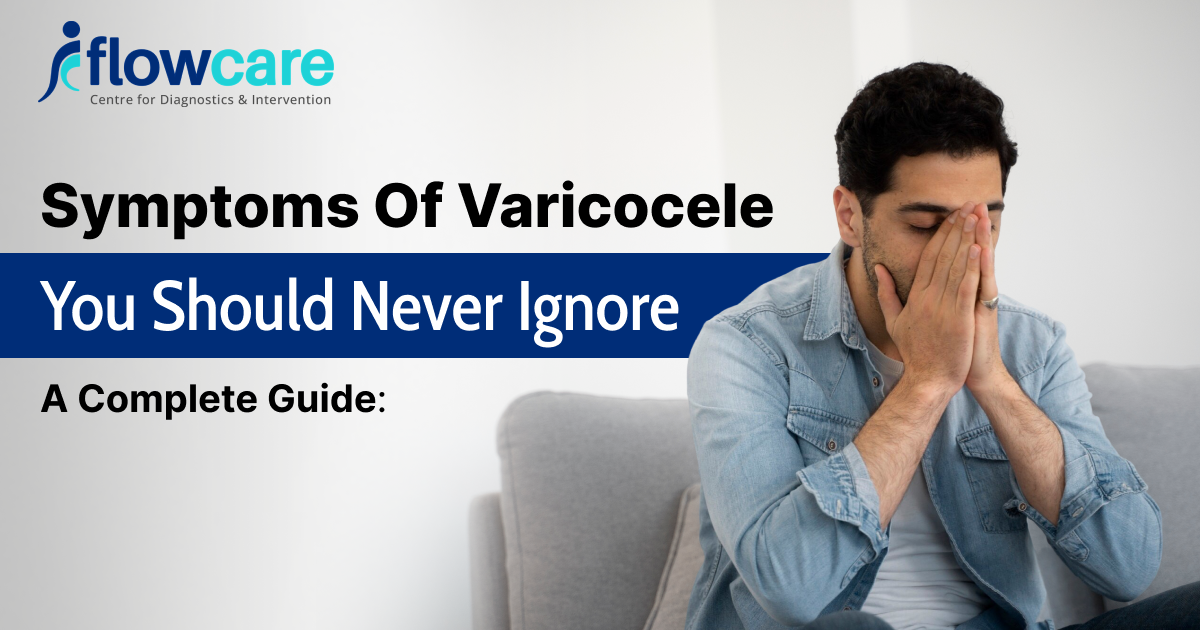
Non-Surgical Management of Varicocele: Lifestyle Changes That Work
If you think varicocele only has a surgical fix, then think again. The condition can be controlled or avoided with a few lifestyle changes.
Read the article for some proven non-surgical management of varicocele that works.
Understanding Varicocele
What is Varicocele?
A varicocele is the enlargement of the veins in the scrotum, similar to varicose veins in the legs.
These veins transport oxygen-depleted blood from the testicles to the heart. A varicocele is due to the poor functioning of veins, leading to blood pooling rather than circulating out.
What are the Common Symptoms Associated with Varicocele?
Some of the common symptoms associated with varicocele are:
- Dull ache or heaviness in the scrotum
- Enlarged veins in the sack
- Testicular atrophy (shrinkage)
- Infertility
- Swelling
- Pain that worsens with prolonged standing or physical activity
Why Lifestyle Adjustment Matters?
Even though healthy lifestyle changes are not an alternative to medical treatment.
They can greatly decrease the intensity of the symptoms, increase the quality of life, and postpone or even prevent surgical treatment.
Read further to know what lifestyle changes should be made to manage varicocele.
Lifestyle Modifications to Manage Varicocele Symptoms
Here are a few lifestyle modifications that can help you manage varicocele.
Nutrition and Diet for Varicocele
Foods to Include
- High fibre foods (e.g., whole grains and vegetables) prevent constipation and reduce intra-abdominal pressure.
- An antioxidant-rich diet (e.g., berries, citrus fruits, spinach) helps protect blood vessels.
- Omega-3 fatty acids (e.g., flax seeds, chia seeds, fish oil) reduce inflammation and improve circulation.
Foods to Avoid
- Processed food and trans fat
- Excessive salt (might worsen the swelling)
- Refined sugar and sugary beverages
How does Keeping Yourself Hydrated Help?
Sufficient amounts of water assist in the normalisation of bowel movements and the channelling of blood, thus avoiding extra strain at the pelvic region.
The Impact of Exercise for Varicocele
Recommended Exercises
- Walking and Swimming: low impact, improves circulation
- Yoga for varicocele: Improves flexibility and blood flow
- Pelvic floor exercises: support testicular health
Exercises to be Avoided
- Heavy weightlifting
- High-intensity abdominal workout
- Long-standing hours
- Any activity that causes straining or increased scrotal pressure
How does Weight Management Help?
Too much belly fat puts pressure on the pelvic veins and exacerbates the symptoms of varicocele and the functioning of the vessels as a whole.
Hence, maintaining an optimum weight can help with varicocele.
Tips for Healthy Weight Maintenance
- Combine cardio with low to moderate strength-based bodyweight workouts.
- Follow portion-controlled, balanced meals.
- Stay active throughout the day (e.g., take stairs, walk after meals, but avoid long-standing hours).
Clothing and Scrotal Support
What Should You Wear?
Supportive undergarmet can reduce discomfort, especially during long days or physical activities.
What to Avoid?
- Tight jeans or undergarments that restrict circulation
- Synthetic fabrics that trap heat and moisture
Postural Habits and Daily Movement
- Preventing prolonged sitting or standing up: Long periods of a fixed position have the capacity to aggravate symptoms such as venous pooling.
Tips
- Make a habit of taking short breaks (every hour) and walking or stretching your muscles.
- Never sit with your legs crossed.
- Use a footrest or an ergonomically adjustable chair when sitting for a long period.
Pain and Swelling Management
Home Remedies
- Cold packs: Inflammation, swelling, and desensitising pain
- Elevation of the scrotum: Aids in lowering the venous pressure during recumbence
When Should Help Be Sought?
- Abrupt and intense pain or the aggravation of ailments
- De-swelling of the testicle
- Decreasing fertility or failing to improve after rational treatment
Stress Reduction and Mind-Body Practices
What is the Importance of Stress Management?
Constant stress can affect hormone levels, stiffen the pelvic muscles, and increase pain sensation.
Helpful Practices
- Meditations and yoga to achieve relaxation
- Heavy breathing, such as diaphragmatic breathing
- Anxiety reduction activities and mindfulness to be more aware of the body
Medical Monitoring and When to Consult a Varicocele Embolisation Doctor
Although you can improve the symptoms significantly through the changes in your lifestyle, doctor visits are still mandatory.
This helps you regularly monitor your progress and decide whether additional treatment, such as varicocele embolisation, is necessary.
Why Regular Follow-Ups Are Crucial
It is important to undergo regular medical examinations with or without surgery to determine whether the varicocele is worsening or causing other clinical effects.
In case of persistent varicocele symptoms even after conservative measures have been used, it’s important to consult a varicocele embolisation doctor.
The specialists are trained to carry out invasive interventions such as embolisation, which can effectively treat the varicocele without drastic surgeries.
When to Seek Medical Attention
- Persistent or worsening pain
- Testicular shrinkage or asymmetry
- Fertility issues
- No improvement after lifestyle modifications
Conclusion
It does not necessarily mean that someone who lives with a varicocele will be under the threat of operation.
Changing your lifestyle, such as eating better, exercising smartly, maintaining proper body posture, managing stress, and making other minor, sustainable adjustments to your life, can work wonders.
Yet, routine medical assessment is required to ensure your condition is controlled.
FAQs
Can I cure varicocele through lifestyle changes?
Lifestyle changes cannot cure varicocele, but can help prevent and reduce the symptoms.
Which food group is good for varicocele?
Zinc and iron-rich food is considered good for varicocele. Zinc plays an important role in maintaining reproductive health and also helps ease the symptomps of varicocele.
What type of exercises are good for varicocele?
Low-impact exercises that help with blood circulation are beneficial for people suffering from varicocele. A few examples are walking, swimming, or leg stretching.
What habits are responsible for varicocel development?
Habits like smoking, alcohol consumption, tobacco chewing, no physical activity, or long-standing hours can be contributing factors to varicocele.
Which food items should I avoid to prevent varicocele?
Junk or processed food items or salty snacks should be avoided to prevent or reduce the effects of varicocele.
Can yoga fix varicocele?
Yoga can contribute to reducing the risk and symptoms of varicocele, but it cannot fully cure severe cases.
A few precautions, like rigorous yoga postures that can put pressure on the lower body, should be avoided.






